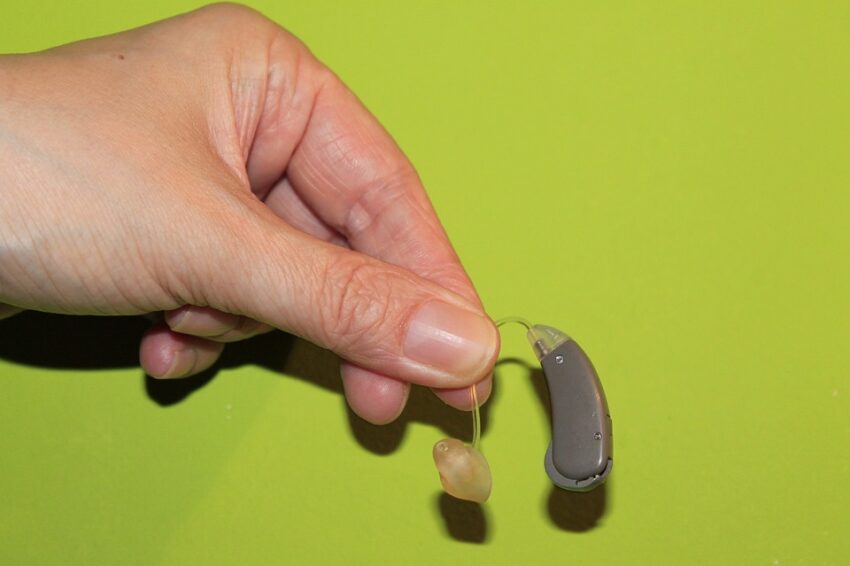

Fad diets have been a popular trend for many years, with people constantly looking for quick fixes to lose weight. From the cabbage soup diet to the Atkins diet to the keto diet, there have been countless fad diets that promise rapid weight loss with minimal effort. However, the truth is that most fad diets are not sustainable and can actually be harmful to your health in the long run.
One of the biggest issues with fad diets is that they often eliminate entire food groups or severely restrict calorie intake, which can lead to nutrient deficiencies and other health problems. For example, the Atkins diet is high in protein and fat but severely limits carbohydrates, which can lead to fatigue, constipation, and even kidney damage over time. Similarly, the keto diet is high in fat and restricts carbohydrates to put the body into a state of ketosis, but this can also lead to nutrient deficiencies and other health risks.
Another problem with fad diets is that they often promote unrealistic expectations and unsustainable habits. Many fad diets promise rapid weight loss of 10 pounds or more in just a week or two, but this kind of drastic weight loss is not healthy or sustainable. In fact, most people who lose weight quickly on a fad diet end up gaining it all back (and more) once they go back to their normal eating habits.
So, what really works for sustainable weight loss? The key is to focus on making small, realistic changes to your diet and lifestyle that you can stick with for the long term. This means choosing whole, nutrient-dense foods like fruits, vegetables, lean proteins, whole grains, and healthy fats, and avoiding processed and sugary foods as much as possible. It also means staying active and incorporating regular exercise into your routine, whether it’s going for a walk, hitting the gym, or taking a fitness class.
In addition, it’s important to listen to your body and pay attention to hunger and fullness cues. Eating intuitively, rather than following strict rules or restrictions, can help you maintain a healthy weight and improve your relationship with food. It’s also important to prioritize sleep, manage stress, and practice self-care to support your overall health and well-being.
Ultimately, sustainable weight loss is about creating a healthy, balanced lifestyle that works for you. It’s not about following the latest fad diet or jumping on the latest weight loss trend. By focusing on nourishing your body with whole foods, staying active, and taking care of your mental and emotional well-being, you can achieve lasting results and maintain a healthy weight for the long term.






